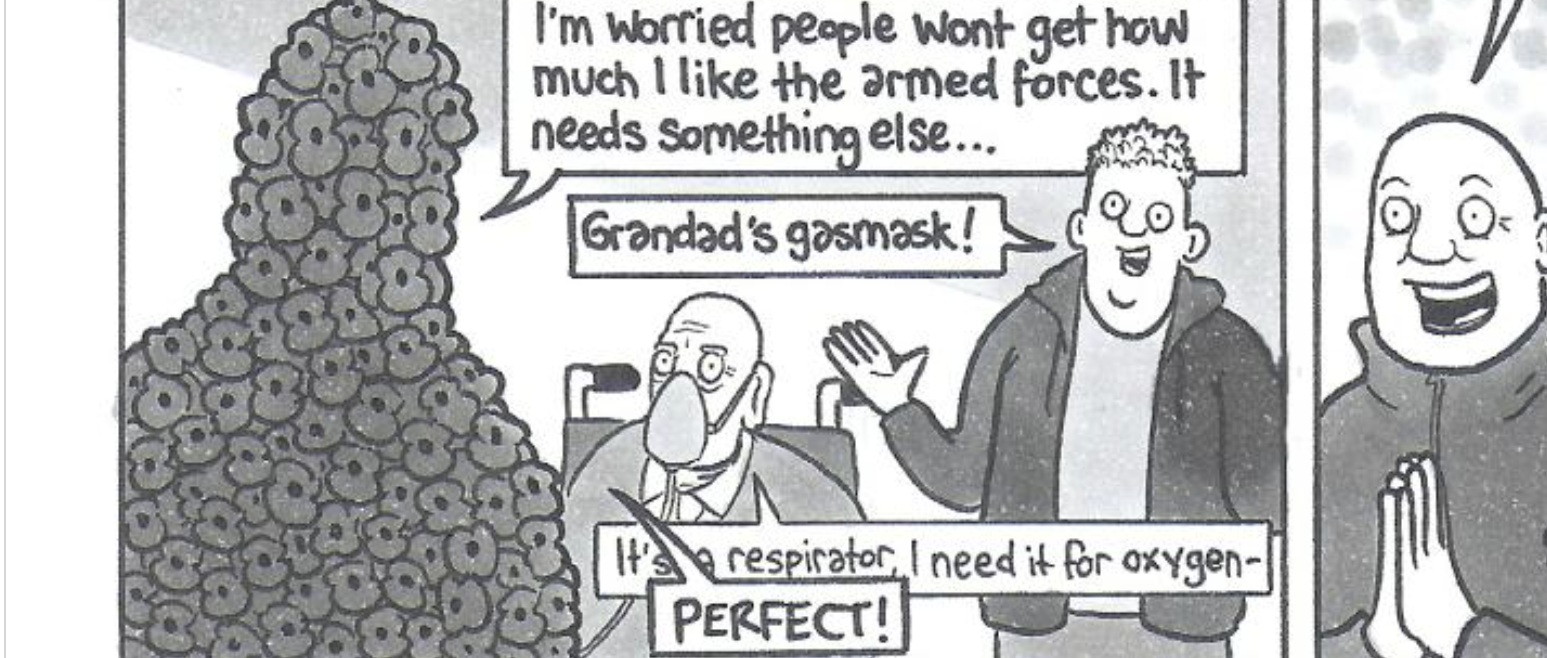This module aims to explore the complex relationship of race to class in South Africa and the US from the time of the slavery through to the rise of racial segregation in the late nineteenth and twentieth centuries. The module is designed to give students a greater understanding of the contexts which shape racial ideologies, conflict and discrimination. Topics traversed will include the comparative experience of slavery; key moments in slavery and the law; race and class at transitional moments (the Civil War and Reconstruction in the US South; the Boer War and Reconstruction period in South Africa); the relationship of the emergence of capitalism to the rise of segregation; the problem of racism and labour movements; and the utility of psychoanalytic perspectives to the analysis of racial consciousness.
- Module Supervisor: Jeremy Krikler
- Module Supervisor: Catherine Crawford
This course will start with the aftermath of Abolition in Brazil and the Caribbean and focus on three broad themes:
I) The transformation from slaves into workers and peasants.
II) The development of Afro-American popular culture.
III) 'Race', racism and citizenship.
- Module Supervisor: Matthias Rohrig Assuncao
This module will explore how the past is transmitted and constructed in numerous public contexts, allowing students to compare contemporary presentations with those from a previous era. We will examine the many different genres and spaces through which history is, and has been, conveyed, from the museum, to the documentary, to the war memorial, school textbook, Hollywood epic and even computer game. The workshop aspect of this module will enable students to bring the theoretical understanding they draw from their readings into regular seminar discussions with the University's own public history practitioners, who will describe and answer questions about their past and current projects. Students will discover how scholarly research is made accessible to a wider audience; the way medium and audience interact to shape what kind of history is presented; the role of history, memory and myth in the creation of public identities; and the political contests that 'applied' history often generates. Students will also be given the opportunity to themselves create, participate in, and/or critique a piece of public history as part of their coursework assessment.
- Module Supervisor: Alix Green
- Module Supervisor: Alison Rowlands
This module focuses on the theoretical and methodological implications of the 'cultural turn'. It introduces students to key concepts in the field, exploring debates about the meanings of such terms as 'subjectivity', 'identities', and 'discourse'. The latter part of the course pursues the possibilities opened by cultural approaches, as reflected in new and emerging debates and themes such as childhood, public and private, sex, the psyche, and memory. Throughout we will be asking questions such as: what makes cultural history distinctive? What are its sources? How does an emphasis on representation change or challenge accepted notions of the relationship between language and experience, evidence and interpretation, the economic and the cultural?
- Module Supervisor: Tracey Loughran
- Module Supervisor: Thomas Freeman
- Module Supervisor: Peter Gurney
- Module Supervisor: Tracey Loughran
How does the history that we see all around us come into being? What choices do historians and others make in placing history before particular audiences in particular forms, and why do they make these decisions? This module explores how history is made using different types of sources and how it is shared in different forms. Part I focuses on how historians encounter and engage with different types of sources, using case studies ranging across the early modern and modern periods. Part II considers the many forms in which histories are made and shared, both with and for different audiences. Both parts will host guest speakers from archives and other organisations. In providing opportunities for students to engage with different kind of source material and forms of history, this module helps to prepare students for independent historical research, and also fosters practical skills in communication that will be of benefit in multiple work environments.
- Module Supervisor: Tracey Loughran
- Module Supervisor: Nadine Rossol
- Module Supervisor: Matthew Grant
- Module Supervisor: Xun Zhou
- Module Supervisor: Alix Green
- Module Supervisor: Lucy Noakes
- Module Supervisor: Lucy Noakes
- Module Supervisor: Nadine Rossol
- Module Supervisor: Sean Kelley
- Module Supervisor: Xun Zhou
- Module Supervisor: Sean Kelley

- Module Supervisor: Matthew Grant